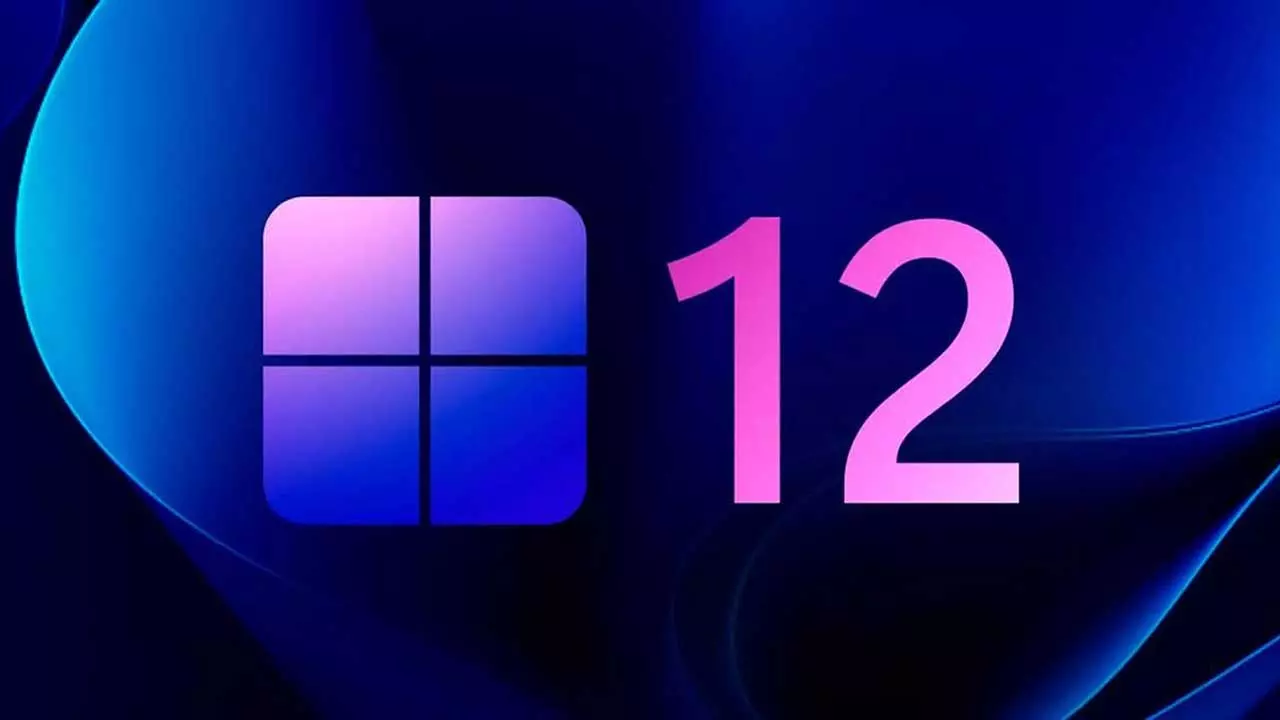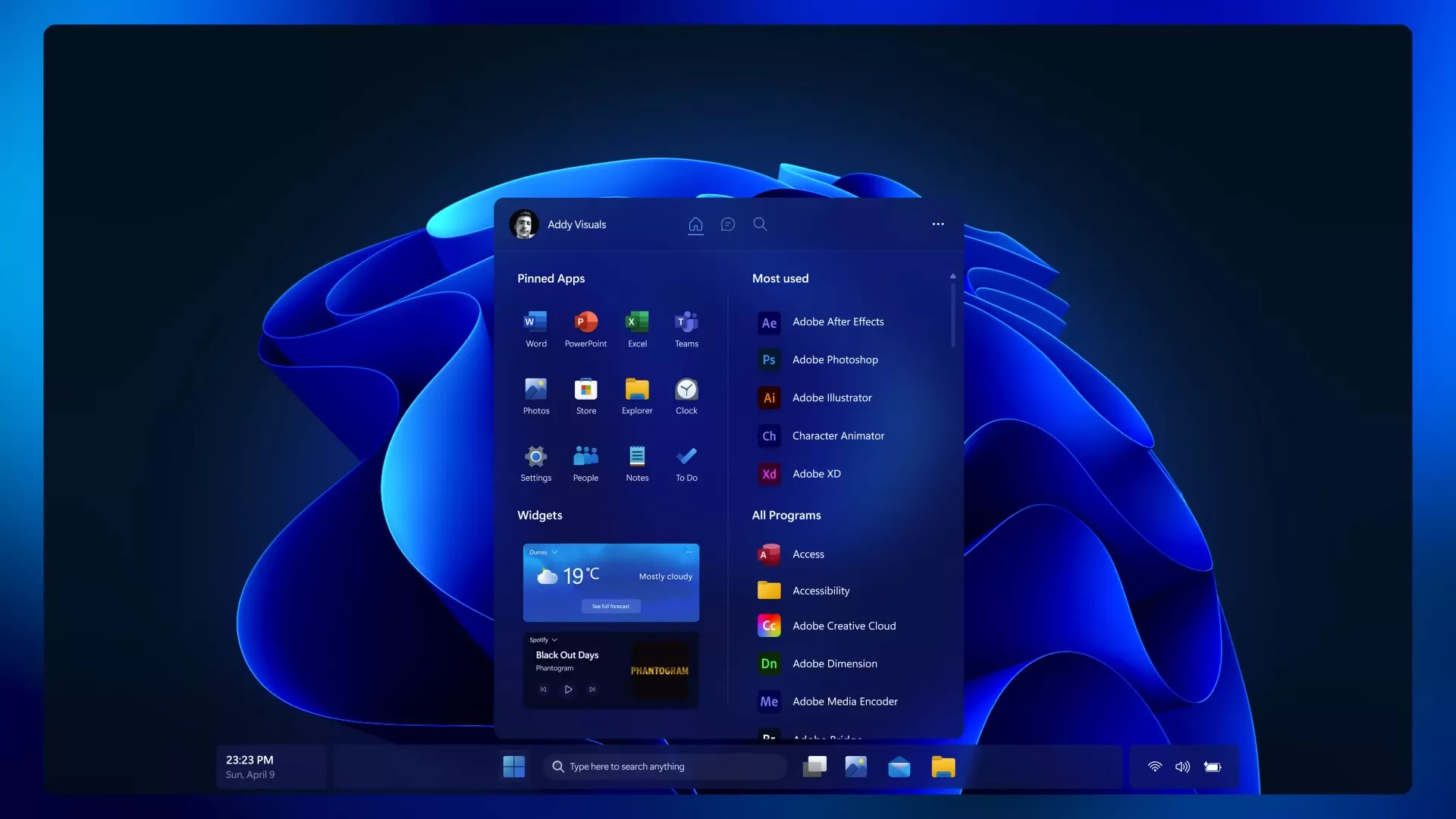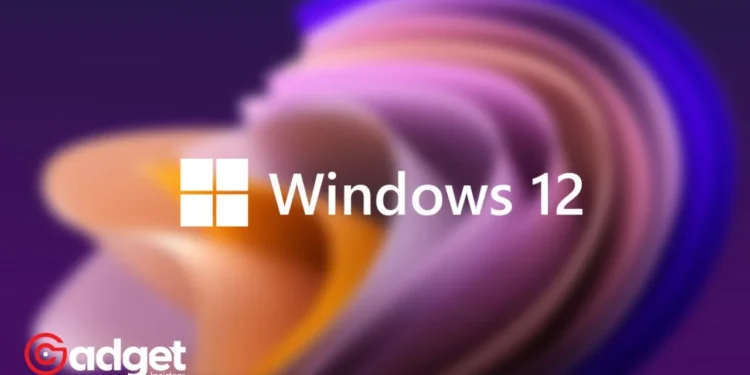Microsoft’s journey through the evolution of its operating systems has always been a topic of intense speculation and interest among tech enthusiasts and the general public alike. With the advent of Windows 12, the software giant appears poised to take a significant leap into the future, one that is intricately woven with the threads of artificial intelligence (AI).
However, this leap brings with it echoes of the past, particularly recalling the challenges and controversies that surrounded the launch of Windows 11.

The AI-driven ambition of Windows 12
Windows 12 is emerging as a beacon of Microsoft’s commitment to integrating AI into the daily computing experience of its users. The operating system is rumored to be a hub for advanced AI features, including a sophisticated Windows Copilot, AI-enhanced search capabilities, AI upscaling for games and videos, and visually stunning AI-animated wallpapers.
These features, as highlighted by Windows Central, aim to redefine the interaction between users and their computers, offering a more intuitive, efficient, and engaging experience.
However, the full utilization of these AI-driven features reportedly hinges on the presence of a dedicated Neural Processing Unit (NPU) within the user’s hardware. This requirement, while not explicitly stated as mandatory for running Windows 12, suggests a potential barrier to access for those without the latest PC technology.
The NPU, a piece of hardware specifically designed to handle AI computations, is only just beginning to make its way into the market, with leading tech companies like AMD, Intel, and Qualcomm introducing chips equipped with these capabilities.
Microsoft's Windows 12 will allegedly be released in Fall 2024 and is said to feature a floating taskbar and "deeply integrated AI features".
Details: https://t.co/Q95rQ3hKL3#windows #windows12 #microsoft #os #operatingsystem #ai #artificialintelligence pic.twitter.com/zklJsTMJZZ
— 80 LEVEL (@80Level) July 7, 2023
The Ghost of Windows 11 Looms Over
The potential NPU requirement for Windows 12 inadvertently recalls the rollout of Windows 11, which was marred by confusion and frustration due to its Trusted Platform Module (TPM) requirements. Many users found themselves uncertain about their PCs’ compatibility with the new OS, despite their systems being technically capable.
The situation highlighted a communication misstep from Microsoft, one that it surely aims to avoid repeating with Windows 12. Yet, the concern remains: could the emphasis on NPUs create a divide among Windows users?
Those with the financial means to upgrade to AI-capable PCs may enjoy a vastly superior computing experience, leaving others behind and fragmenting the Windows user base even further. This scenario is a legitimate concern within Microsoft, as reported by Windows Central, and poses a challenge the company must navigate carefully.
Bridging the Gap: Inclusivity in the Age of AI
Microsoft stands at a crossroads with Windows 12. On one hand, it seeks to push the boundaries of what’s possible with AI in personal computing. On the other, it must ensure that this technological leap does not alienate a significant portion of its user base.
The tech giant has historically prided itself on creating software that is accessible to as wide an audience as possible, and Windows 12 will be a true test of its commitment to this principle.

The introduction of AI PCs marks a new era in computing, one that promises to make our interactions with digital technology more seamless and intuitive.
However, the transition to this new era must be handled with care to ensure that no user is left behind. Microsoft’s challenge is to democratize access to AI features, making them as broadly available as possible, while also providing pathways for all users to experience the benefits of the latest technological advancements.
Looking Ahead: The Future of Windows
As Windows 12 prepares for its anticipated launch next year, the tech world watches with bated breath. Will Microsoft manage to navigate the fine line between innovation and inclusivity? The company’s ability to learn from past launches and address the legitimate concerns of its diverse user base will be crucial.
The future of Windows lies not just in the hands of its developers but also in the feedback and acceptance of its users. As AI continues to shape the landscape of personal computing, Microsoft’s journey with Windows 12 will be a pivotal chapter in the ongoing story of technology’s evolution.










